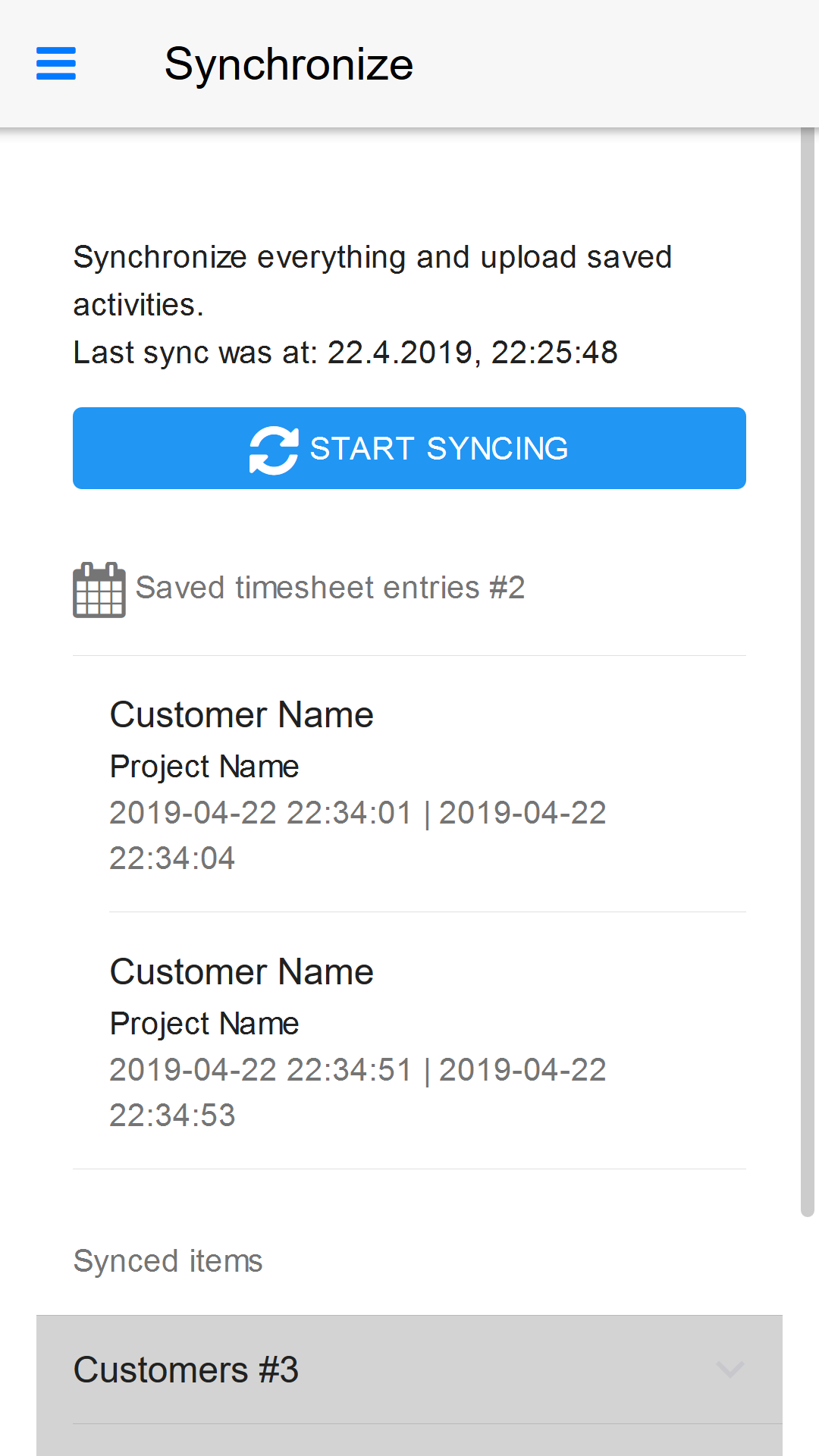Hm, I still don't know if that is a "bug" in the API documentation module or me being too stupid to configure it properly. I guess the latter one... you are right, the output is different from the docu, BUT: the behavior is not a bug but intended.
The collection calls return a limited data-set as configured e.g. for Activity:
https://github.com/kevinpapst/kimai2/blob/master/config/serializer/App/Entity.Activity.yml
There are different serialization groups: Entity (only returned for an explicit GET on the ID), Collection (included in the GETs for the entire collection) and Default (included in both result sets).
The master includes the project field in the activities collection, which is the identifier you need to check. If it is missing, the activity is global.
If you need some changes in the collection results, please open a PR with the config changes (in this directory). Be aware: there is come aggressive caching going on in the API libraries. If config changes won't load, don't use the cache:clear command, but delete the entire cache directory rm -rf var/cache/*.
I'll leave this open to fix the documentation.

 the begin and end should be in mysql datetime format.
the begin and end should be in mysql datetime format.


Is your feature request related to a problem? Please describe. The documentation says /api/activities returns:
but actually it returns:
the fields: "comment", "fixed_rate", "hourly_rate", "project" are missing.
expedted output from /api/customers
output I get:
expected output from /api/projects
output I get:
Describe the solution you'd like Please add the missing fields the way they are described in the documentation, because I need to know for the Kimai 2 app which activities are global activities and which are activities allocated to a project.